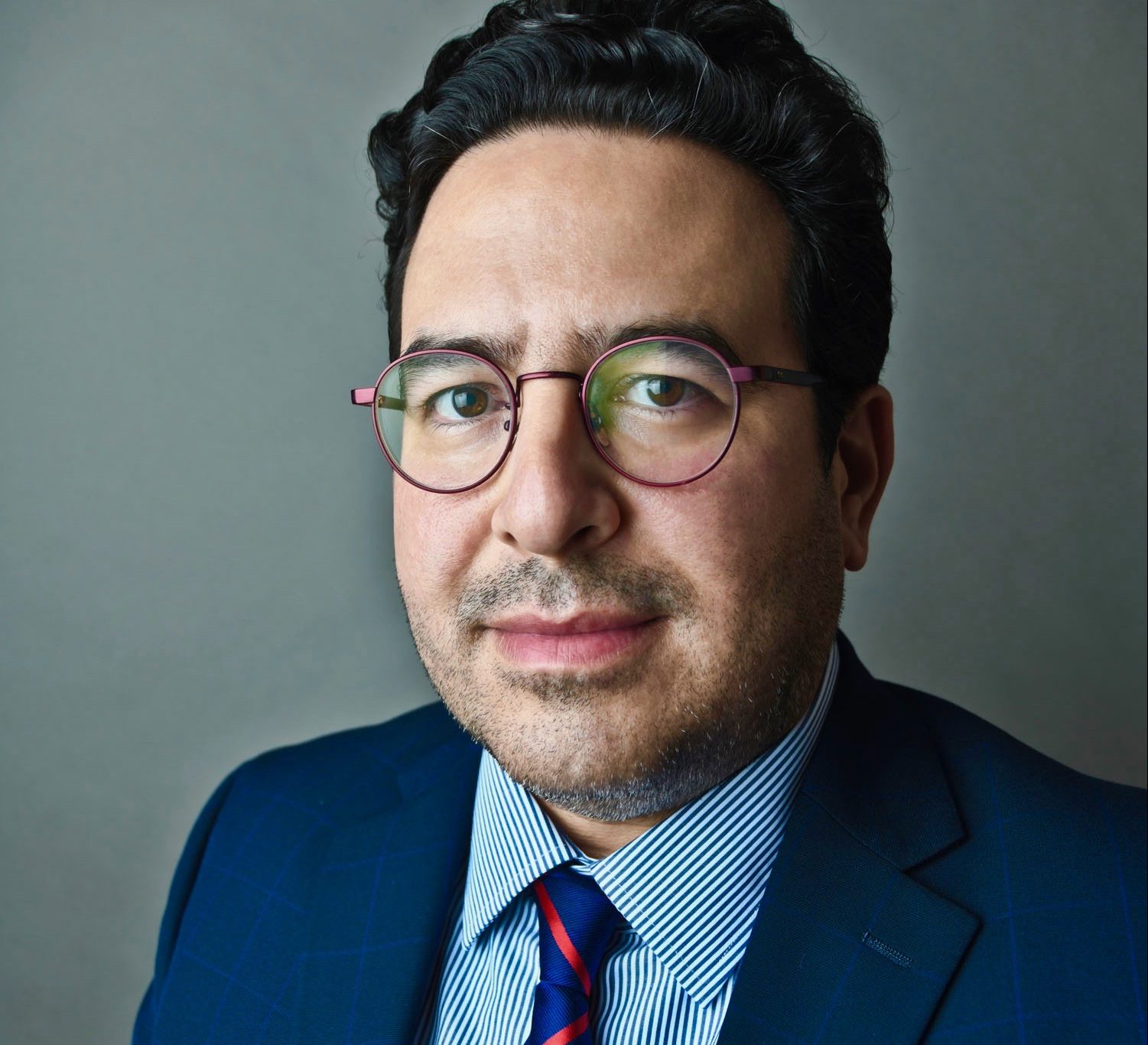Mike Amezcua Named 2021 Emerging Faculty Leader After First Year on Campus
Mike Amezcua, assistant professor in the Department of History, was one of 10 junior faculty members named as a 2021 Mellon Emerging Faculty Leader (MEFL) by the Institute of Citizens & Scholars. The MEFL Awards support those faculty whose research focuses on contemporary American history, politics, culture and society and who are committed to the creation of an inclusive campus community for underrepresented students and scholars.
“This award will not only provide me the resources to continue to work on my own research, but it will also help me combine it with student-centered learning,” Amezcua explains. “Many of my students come from historically-excluded communities and want more exposure to the histories of Latinx peoples, immigration and knowledge that helps them understand the conditions of urban America today.”
Amezcua Awarded for Advancing Inclusivity
Funded by the Andrew W. Mellon Foundation, each recipient of the MEFL Award receives a 12-month stipend while they work towards tenure in the hopes that those faculty members will be able to engage and build support for systems, networks and affinity groups that make their fields and campuses more inclusive.
Amezcua says that he plans to use this award to integrate collaborative research practices and digital humanities projects into his classroom so that he can “help foster a productive and supportive space for students to become experts in these fields so that they feel empowered as knowledge-producers and feel transformed by that knowledge.”
“I’m particularly interested in making the work of historical research more accessible to students, especially first-generation students who work hard to carve a space for themselves in the university,” he continues.
The professor believes that in order for campuses to be inclusive, they must have diverse faculty members who may have experienced growing up without economic stability or who understand what it is like to not be included in history textbooks.
Amezcua also notes that he is grateful for this award as it not only will allow him to work towards making Georgetown more inclusive, but also recognizes his accomplishments as a historian.
In January of 2022, Amezcua will publish Making Mexican Chicago: From Postwar Settlement to the Age of Gentrification from the University of Chicago Press, which is the result of years of archival research and engagement with Latinx working-class communities of Chicago that have been underrepresented. The historian says that he plans to continue working on studies of gentrification and Latinx urban communities throughout his fellowship.
“I look forward to using these resources to engage in new work on the history of Central Americans in the United States and the building of sanctuary spaces in spatially-precarious communities,” Amezcua says. “I am excited to have my Georgetown students join me in this endeavor as we partake in community-engaged scholarship in the years to come, especially in Washington DC, and to utilize digital tools to share and disseminate what we learn. I’m grateful to the Institute for Citizens & Scholars for recognizing my commitment to inclusive community-building both in my teaching and in my research.”
More About Amezcua
Amezcua started working as an assistant professor in the fall of 2020. His writing has appeared in multiple scholarly and popular outlets including The Washington Post, The Journal of American History, The Sixties, and The Abusable Past. He was recently named the co-winner of the Arnold Hirsch Award for Best Article in Urban History by the Urban History Association. Before joining the Georgetown faculty, Amezcua was an assistant professor at New York University.
-by Shelby Roller (G’19)
